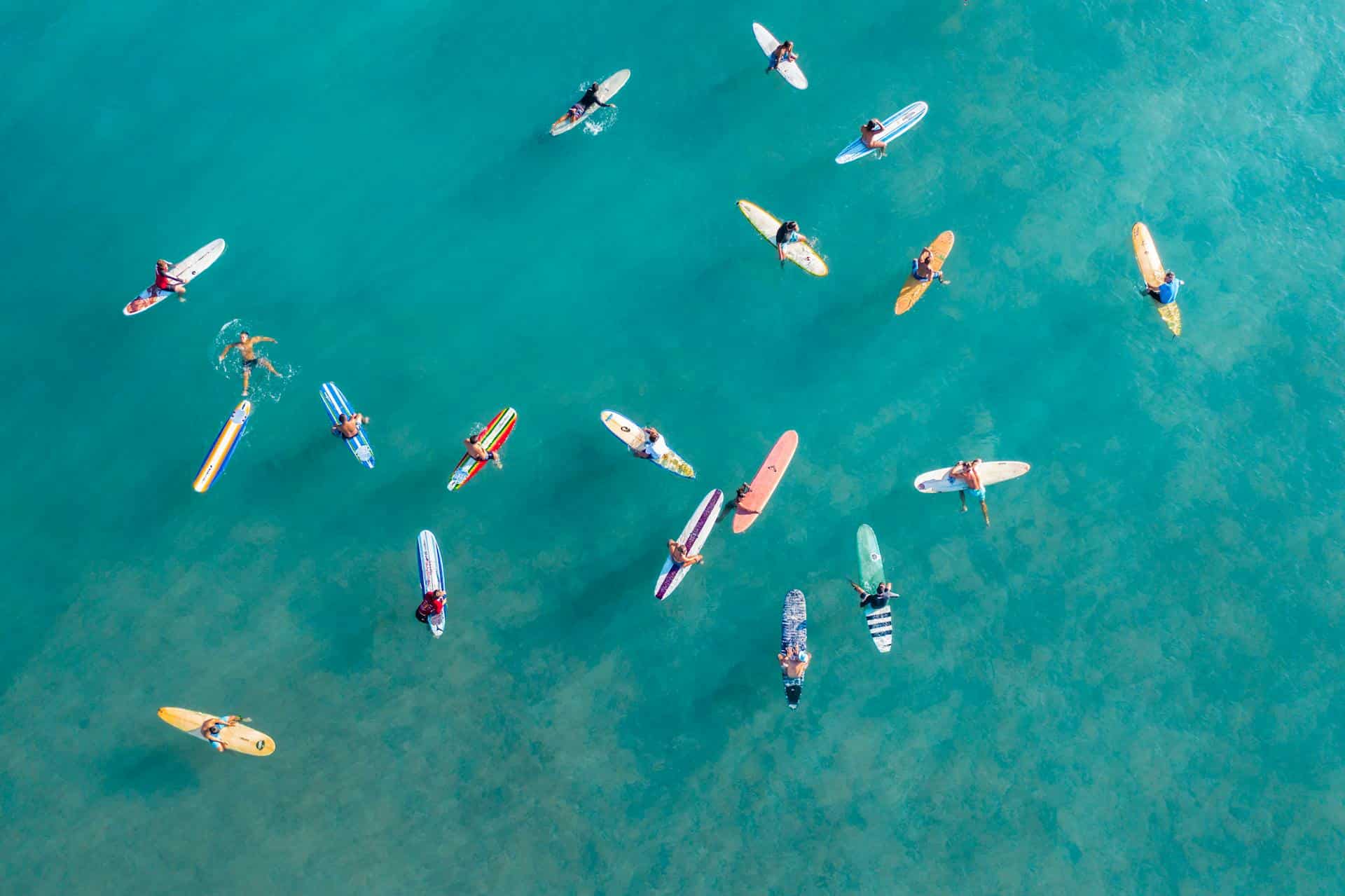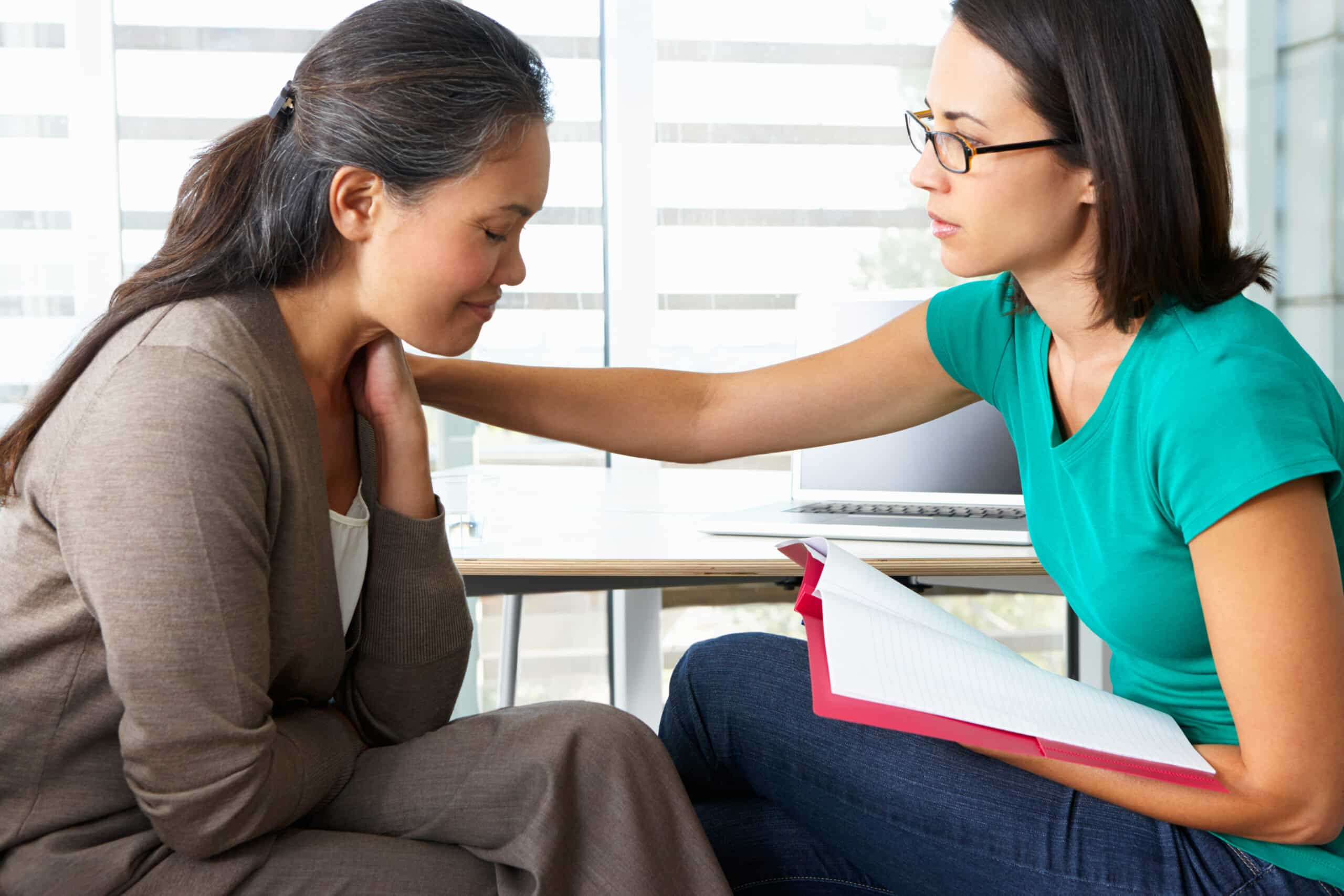颶風會造成破壞性強風、洪水和大規模停電。.
即使是短暫的暴風雨也可能導致 洪水、危險的巨浪和長期的干擾。.
AUW 211 在颶風來臨之前、期間和之後,為夏威夷居民提供即時更新、避難所資訊和恢復資源。.

如果您處於緊急危險中,請撥打 911!
受影響的社區
颶風會影響所有島嶼,尤其是沿海和低窪地區,這些地區容易遭受風暴潮和洪水侵襲。.
- 停電 道路阻塞可能導致社區與外界隔絕數日。.
- 住在老房子裡的人, 移動房屋或疏散路線有限的地區面臨更大的風險。.
- 依賴電動醫療設備的居民 或需要冷藏藥品時,應儘早制定備用方案。.

我可以去哪裡?
如果發布了颶風警報,請立即聽從縣緊急官員的指示。.
颶風來臨之前:
- 了解你的疏散區 以及最近的颶風避難所。.
- 註冊接收縣級緊急警報 用於風暴追蹤和疏散通知。.
- 修剪樹木並固定鬆散的戶外物品 它們可能會變成拋射物。.
- 用膠合板保護窗戶 或颶風防護百葉窗。.
- 為所有電子設備充電 並確保油箱至少半滿。.
颶風期間
- 轉移到颶風避難所 或遠離窗戶和沿海地區的安全建築。.
- 避免駕駛 一旦風速超過 40 英里/小時,請遠離被洪水淹沒的道路或倒塌的電線。.
- 待在室內 遠離窗戶
- 不要外出 直到官方宣布安全為止。.
我可以做哪些準備?
未雨綢繆能挽救生命。.
需要準備的物品:
- 14天的用水量 以及不易腐壞的食品。.
- 電池供電或手搖式收音機 以及手電筒和備用電池。.
- 急救箱、處方藥、, 以及衛生用品。.
- 身分證影本, 保險文件和緊急聯絡人資訊存放在防水容器中。.
- 小額現金 (自動櫃員機和刷卡系統可能故障)。.
- 口罩和消毒液 提供庇護所住宿。.
最佳實踐
- 離開前請拔掉電子設備的電源插頭 或當電源開始閃爍時。.
- 轉動冰箱/冰櫃 停電時,將溫度調至最低以保存食物。.
- 避免使用蠟燭;; 改用手電筒或電池燈。.
- 如果接獲撤離通知,, 早點出發-道路很快就會封閉。.
- 保持車輛燃油充足。 手機已充滿電。.

AUW 211 能提供什麼?
Aloha United Way 211 在颶風期間和之後為您提供值得信賴的當地資源:
-
避難所和疏散地點訊息
-
食物、水和緊急物資援助
-
危機諮商與心理健康支持
-
清理、修復和災難復原計劃
-
財務援助推薦 為受地震災害影響的家庭
-
語言支援和無障礙服務 針對非英語人士和殘障人士
撥打211 或在線上搜尋即時幫助,一週 7 天全天候服務。.
我怎樣才能幫助我的鄰居?
颶風過後,社區重建始於鄰裡互助。.
多關心鄰居,特別是老年人、殘障人士和有嬰兒的家庭。.
- 分享權力 (透過便攜式充電器)或食物(如果這樣做安全的話)。.
- 協助清理雜物 只有在官方宣布該區域安全後,才能從車道或人行道進入。.
- 透過經過審核的組織做志願者 支持應對和恢復工作。.
- 避免散播謠言—只分享官方機構的已驗證資訊。.
快速資源
現在需要幫助嗎?這些官方資源可以幫助您取得您所在地區的緊急警報、避難所和支援服務。.
撥打911 以應對危及生命的緊急情況。.
撥打211 尋求非緊急幫助和當地資源。.
